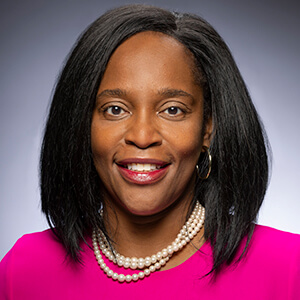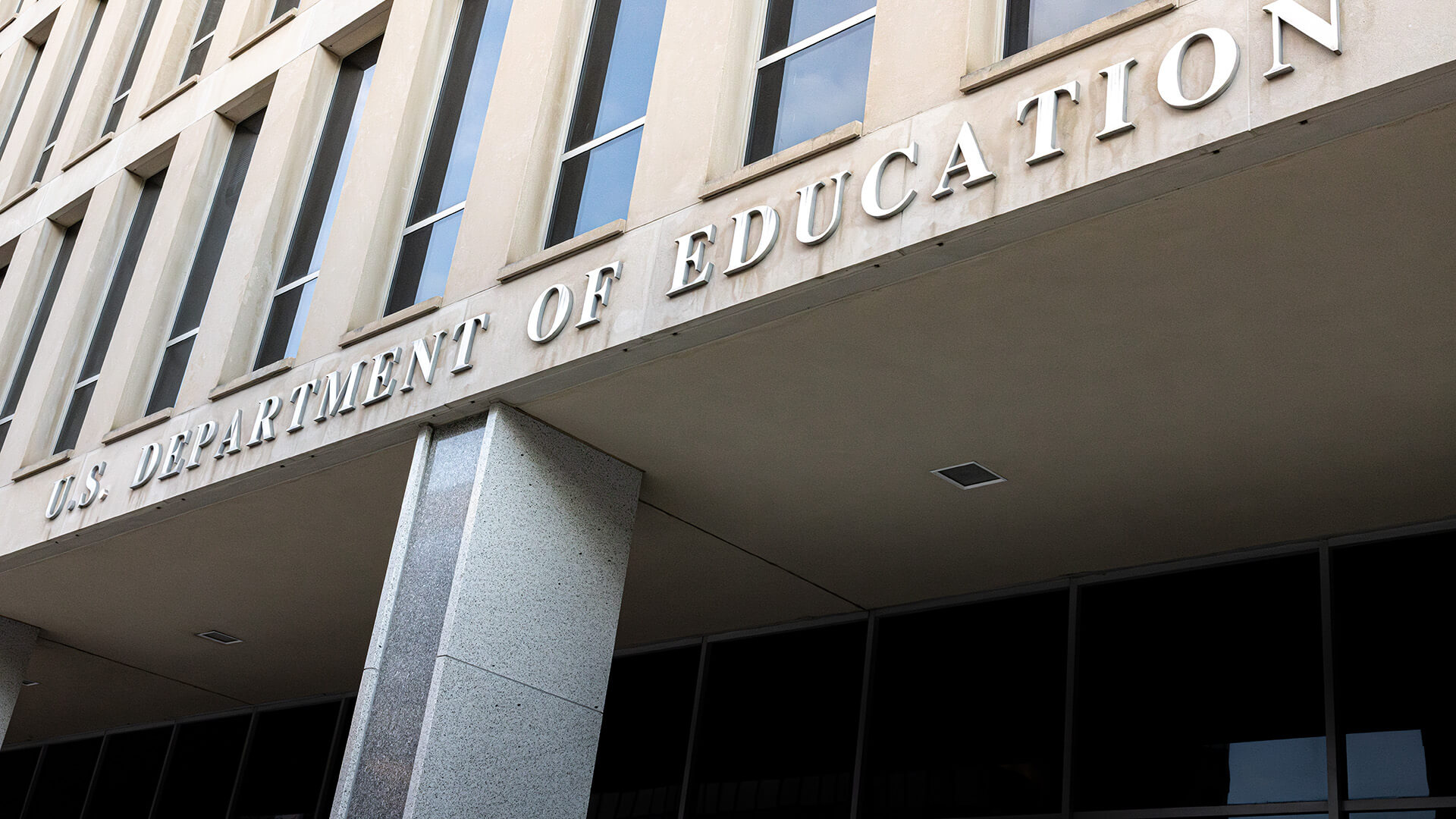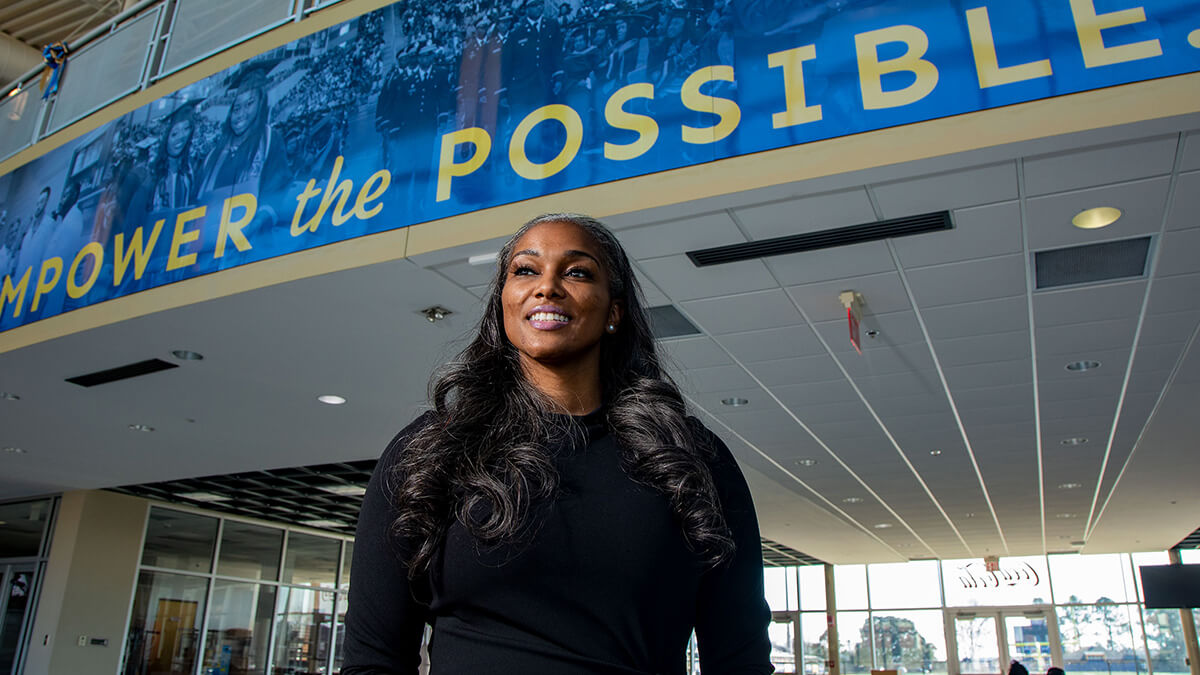
Michelle Asha Cooper
Vice President for Public Policy and Executive Director of Lumina’s Washington, D.C., Office
Articles by MichelleMichelle Asha Cooper, Ph.D., is a nationally recognized leader and advocate for college access, affordability, and value in higher education. With more than two decades of experience spanning policy, advocacy, institutional leadership, and philanthropy, she has dedicated her career to expanding opportunities for learning beyond high school and ensuring that education transforms the lives of all students, particularly those in communities poorly served by higher education.
She is vice president for public policy and executive director of the Washington, D.C., office for Lumina Foundation, an independent, private foundation in Indianapolis committed to making opportunities for learning beyond high school available to all. In this role, she brings strategic vision and a commitment to collaboration, working to create higher education that meets the needs of students, families, and communities in an ever-evolving world.
Previously, Cooper served as deputy undersecretary at the U.S. Department of Education, where she played a pivotal role in overseeing higher education’s recovery from the COVID-19 pandemic. She managed $76 billion in emergency aid for students and institutions and championed initiatives aimed at driving economic mobility. Before her federal service, she spent more than 12 years as president and CEO of the Institute for Higher Education Policy (IHEP), leading research and advocacy efforts to improve educational outcomes among all students, with a focus on addressing the needs of today’s college students.
Her career includes leadership roles with the Advisory Committee on Student Financial Assistance, the American Association of Colleges & Universities, the Council of Independent Colleges, and King’s College. She is known for her unwavering commitment to students and her talent for building partnerships that lead to meaningful, lasting change.
Cooper is a member of the Board of Visitors for the College of Education at the University of Maryland and a Fellow at the Louise McBee Institute of Higher Education at the University of Georgia. She also serves on the American Academy of Arts and Sciences’ Commission on Opportunities After High School and the Council on Foundations’ Public Policy Committee.
A proud native of Charleston, S.C., Cooper holds a bachelor’s degree from the College of Charleston, a master’s degree from Cornell University, and a doctorate from the University of Maryland at College Park. She lives in Washington, D.C., where she is active in community efforts to address poverty, improve educational opportunities, and promote health and economic mobility.


